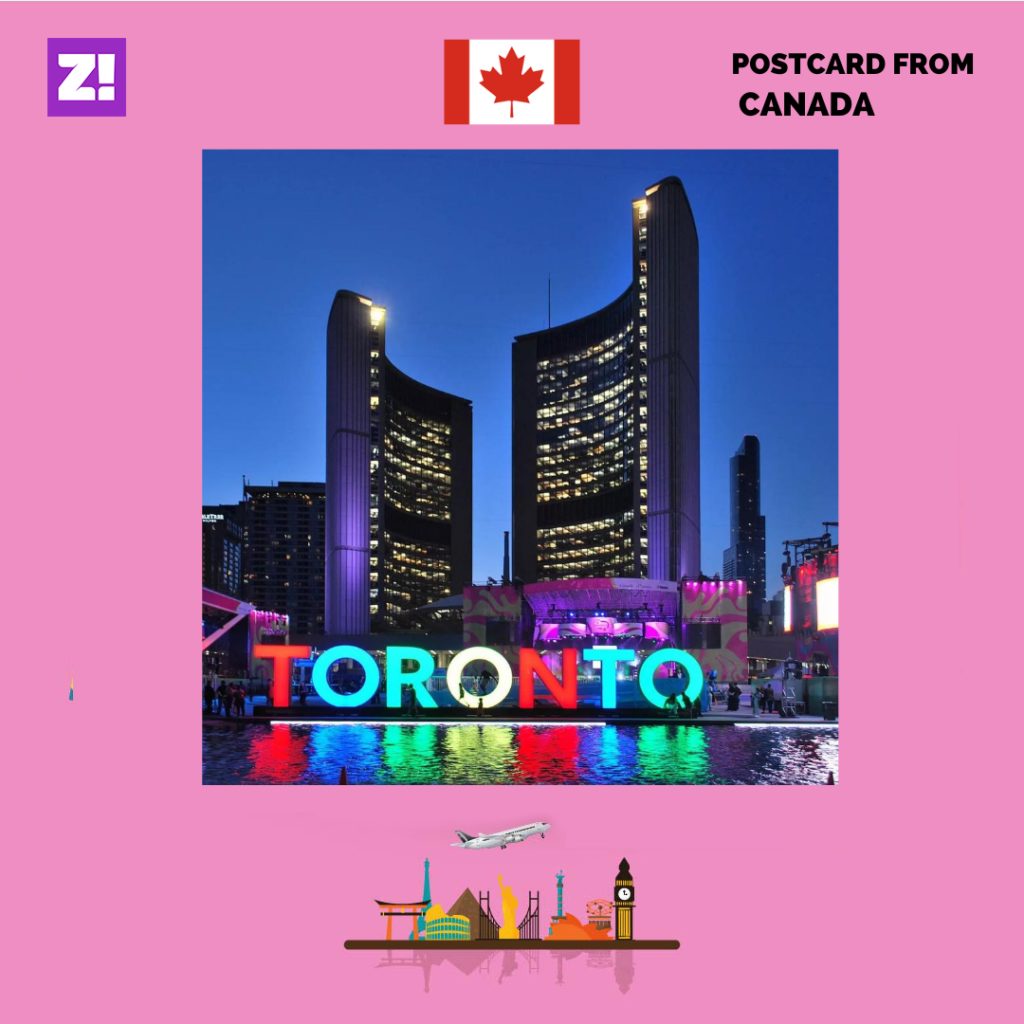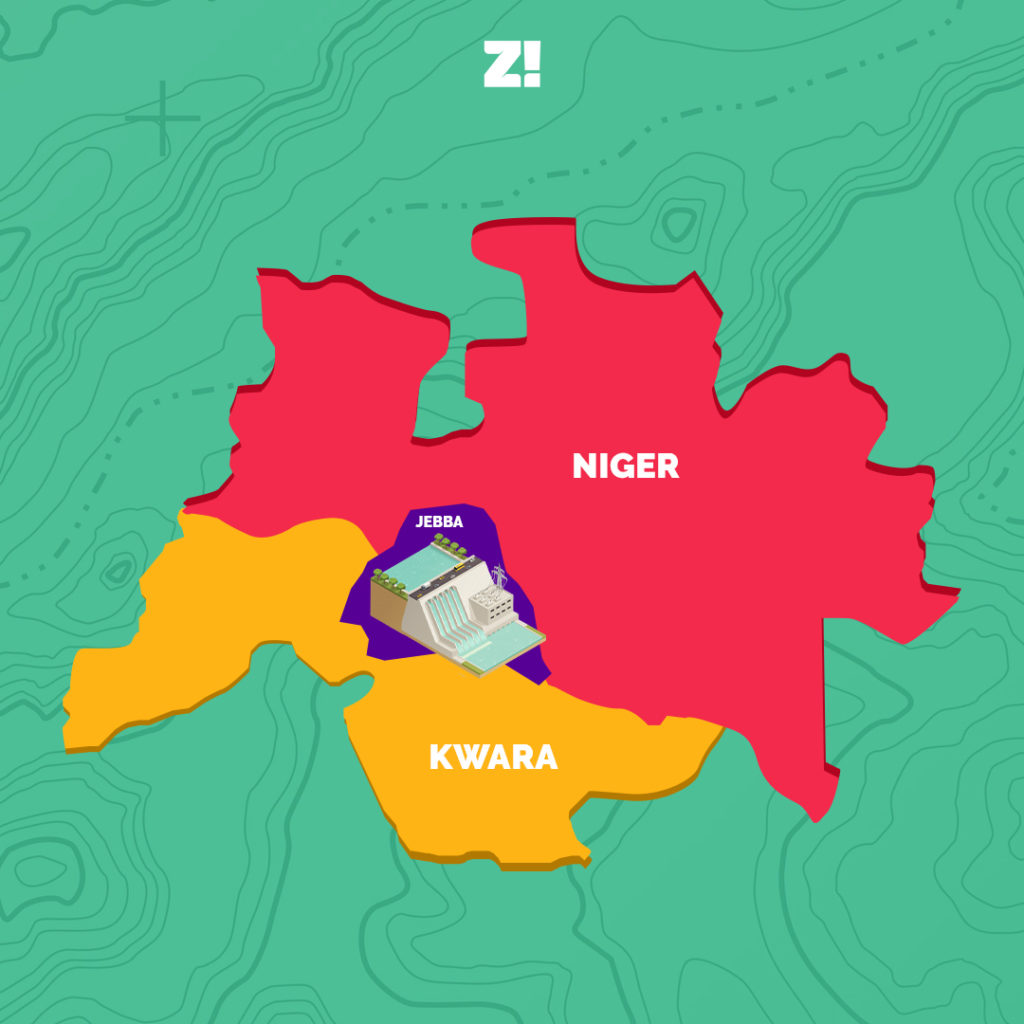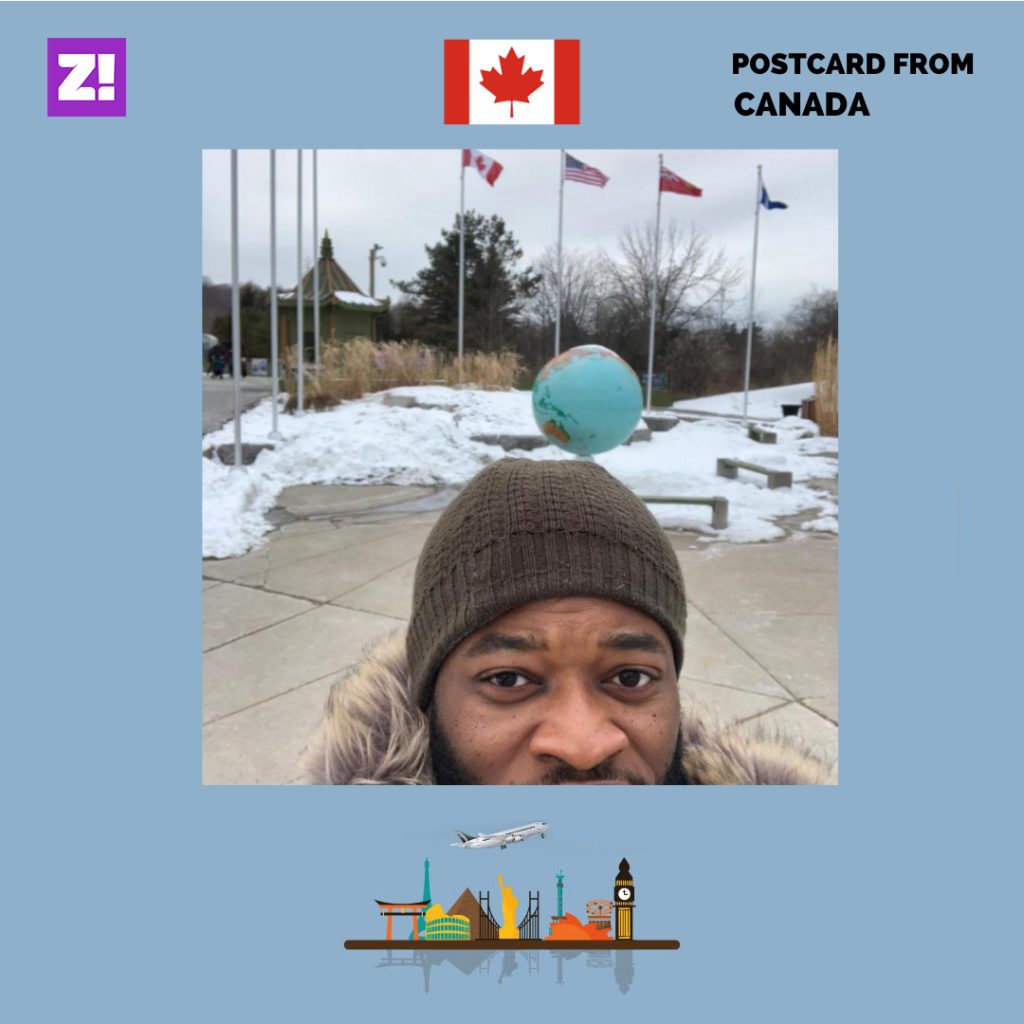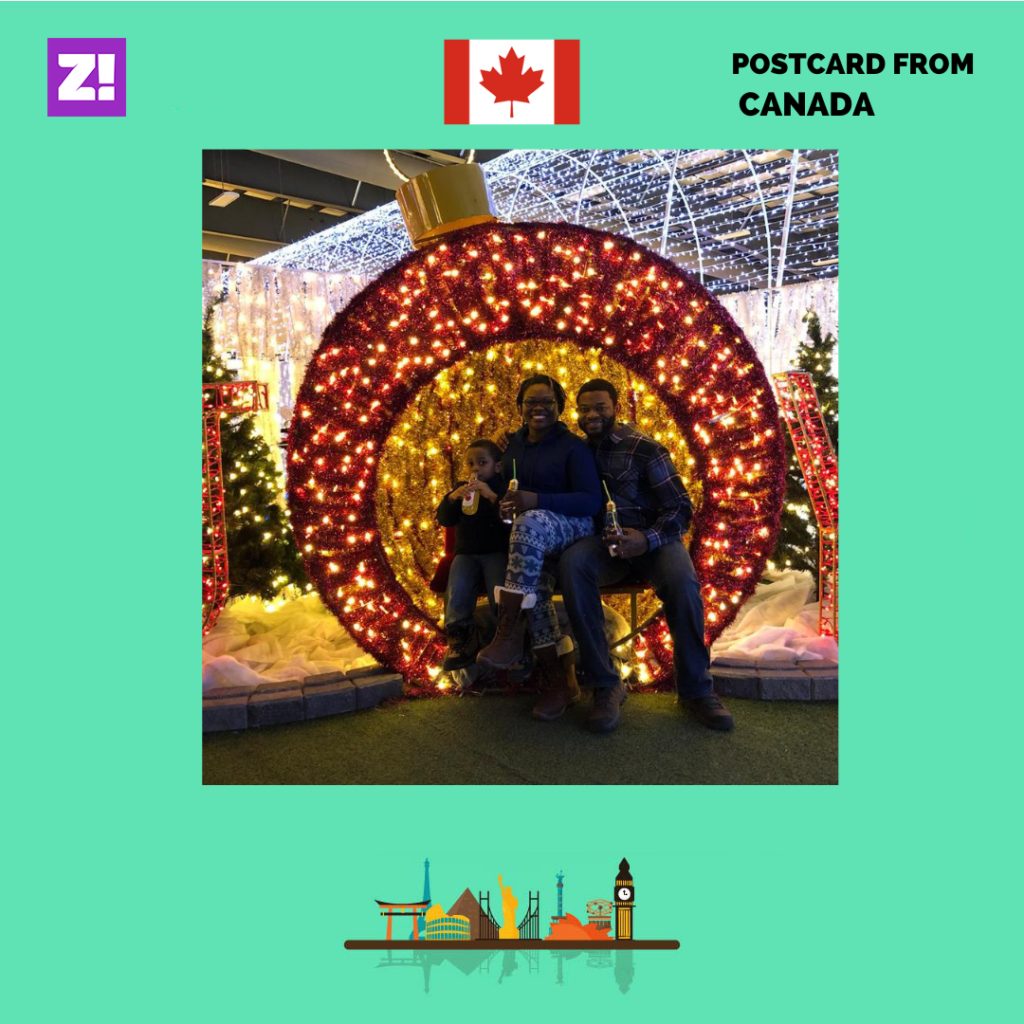The Nigerian experience is physical, emotional, and sometimes international. No one knows it better than our features on #TheAbroadLife, a series where we detail and explore Nigerian experiences while living abroad.
On Abroad Life today, Deyo tells us how his curiosity and passion for solving the electricity problem in Nigeria took him from the hydroelectric station in Kwara State to Canada and why he plans to return to Nigeria to implement all he’s learning.
How long have you been in Canada? AKA Abroad Nigeria
January made it five years, so five and a half years.
Wow! That’s a long time
When I first came here and met people that had been here for five years, I had the same reaction but five years later it still feels like I’m new.
What part of it feels new to you?
It’s mostly because I still meet people that have been here for decades, who moved here from Nigeria, and all over the world.
People say that everywhere you go in Canada, you’ll see Nigerians. How true is that?
It’s hard to survey. I’m in Ottawa and there’s a sizable number of Nigerians here, but if you compare it to Toronto, that number is nothing. You’ll find more Nigerians in Toronto than in any other place in Canada. I’m four and a half hours away from Toronto by road. That’s where some of my Nigerian friends are, so if I want to see them I’ll just drive there.
Ottawa and Toronto are in the same province which is Ontario, so in this province I’d say there are many Nigerians.

Do you know why Nigerians decide to stay in Toronto?
Toronto is a really big city. It’s like the Lagos of Canada. It’s a very metropolitan city, and it’s very busy so there are a lot of opportunities. It also has industrial activities so people go there to find opportunities.
When did you decide that you wanted to leave Nigeria?
I worked at Jebba Hydroelectric Power Station in Jebba which is a border town between Niger and Kwara state. The hydroelectric facility there uses water from a flowing river to generate electricity. At that point, I was looking to further my career and my experience there exposed me to renewable energy. The Nigerian power sector had too many problems for me to feel comfortable to develop professionally. I felt like going abroad would help me get some exposure and experience. The plan was to come back because I am mind blown at the amount of resources we have in Nigeria. I was exposed to how electricity was generated and all I could think about was how to scale it so that the entire population gets electricity, because we’re a huge population and the demand for electricity is high, but the supply is low.
Canada is very big in renewable energy so I chose to go to Canada.

Wait, so this isn’t a japa story?
Nope. I came to get some exposure, and then fix some problems.
It’s nice to see a different mindset. After five and a half years, would you say you have that same outlook?
Even though it’s taking a while, the answer is yes. People say things are bad in Nigeria and it’s silly to return and try to make it better but the fact is that things are bad all over the world.
So from Jebba to Ottawa, how has the self-development journey been?
I came out here as a student to do my masters. The opportunity to get into Canada was more on the studying part. That was the most feasible way for me, because if it was just getting a job, I wouldn’t be able to compete with other people. So coming to study was the approach. I came as a student, and I finished my masters in 2016.
The course — Systems Science — was very complex; the description is “a course about solving complex problems” and based on my exposure in the Nigerian power sector, I can say the problem in Nigeria is complex. I have been in the system and I know what’s going on there so I said to myself, “okay, Systems Science is good”. It was also a good segue from my Systems Engineering background in UNILAG, even though I didn’t finish that one with a first class or a 2.1.
So, a systems engineering background, masters from the university in Ottawa, and background in electricity generation in the power sector. You must have been hot cake.
I thought I’d be hot cake as well but soon I realised that these streets are tough. All around the world, an economy is an economy. Nobody just gets handed anything. I have seen many Nigerians come here and expect to ‘blow’ immediately. In trying to leave Nigeria, they burn bridges and then face reality when they get here. It doesn’t always end well.
So while still looking for a job, with my Canadian university masters, I started working at a warehouse, picking orders.

A Warehouse. How did that make you feel?
To me, it was unfair. It felt unfair because I felt that someone with a masters degree program in my discipline was not supposed to be doing such jobs. This was so far from my evaluation of what things would be. I had even engaged my fiancée before coming so that when I got my masters, I would bring her over, marry her, and then focus on the rest of my self development. Everything looked nice on paper. In retrospect however, that was one of my best learning experiences. I still work at that same company, but I rose through the ranks to where I am today.
She joined me later though and even though we had some paperwork problems that meant she had to go back to Nigeria for about two years with our son, she’s back and we’re all here together with our permanent residence, and with our son as a full citizen.
How did it feel raising a child away from home?
One word: Adventurous. At the point of fatherhood, I had already been through and survived enough life’s circumstances for me to realize that having an optimistic attitude would help me through my greatest challenges as I venture through life. So I just took it one day at a time.
I’m going back to the top now. How easy was it getting a student visa?
There’s nothing easy in this life but I don’t want to discourage anyone. They’ll give you a list of documents you need. Make sure you have all of them and follow due process. If you get rejected, which I did, take it as feedback and work towards not getting rejected again.
When you first got to Canada, what was the first difference you noticed?
The weather in Canada is as bad as people say it is. I came in winter with just a fleece jacket and when I got off the plane I thought there was some disaster going on. It was so bad, I had to run back into the plane to ask a guard if he knew what was happening outside. I usually like to keep an open mind, so a lot of the other stuff was just normal to me.

Like Racism?
Yeah any kind of discrimination, I don’t like using that word (racism). I don’t see it a lot, or if it happens to me I don’t engage in it. I try to navigate it and think maybe the person is having a bad day and acting like this but not that they’re being racist.
With this pandemic and everyone being at home, how has that affected you as a father, worker and husband?
I’m in charge of Quality Assurance for Information Systems where I work — the enemy of a software developer. To carry out that role there’s no need to be in the office so I’ve been working from home. The challenge with working from home is my son doesn’t want to hear any stories; he doesn’t understand what work is and why it is necessary, so he wants to play when he wants to play and I find that challenging because at first I tried to explain to him but now the challenge is being able to balance my work with his play time; I can’t really argue with whenever he wants to play. I never win, it’s just having to balance my time and work, that’s the challenge for me right now. My wife is very supportive.

Children…
So, where would you rather be, Canada or Nigeria?
It depends on a lot. Right now there’s a very interesting conversation going on globally around energy, energy access, energy efficiency, and energy security. With the way the world is, with the pandemic and all, being in Nigeria might be frustrating because everyone is meant to be staying indoors and how can you stay indoors without stable electricity. So I would love to be in Nigeria, but I wouldn’t want to be stuck in Nigeria because I’m not where I want to be in my self development journey. I still keep close contacts with a lot of people in the power sector in Nigeria and we talk about how to move things forward from bottom up but it’s not so straightforward.
I’m putting in the work though. I hope it works out.
What do you miss about Nigeria?
Family, friends and Owambe food.
I hope we see you soon.
Want more Abroad Life? Check in every Friday at 9 A.M. (WAT) for a new episode. Until then, read every story of the series here.




